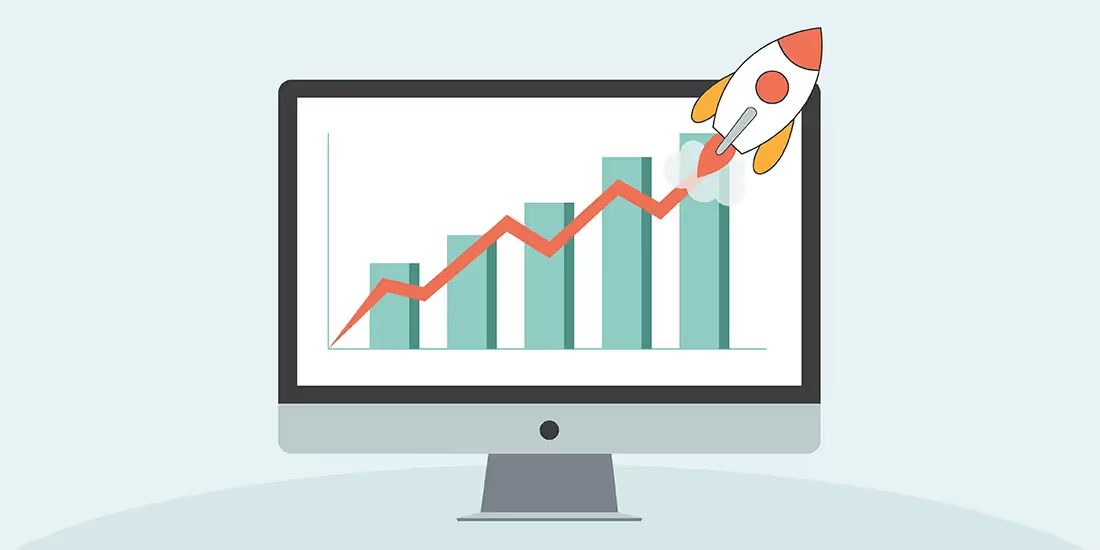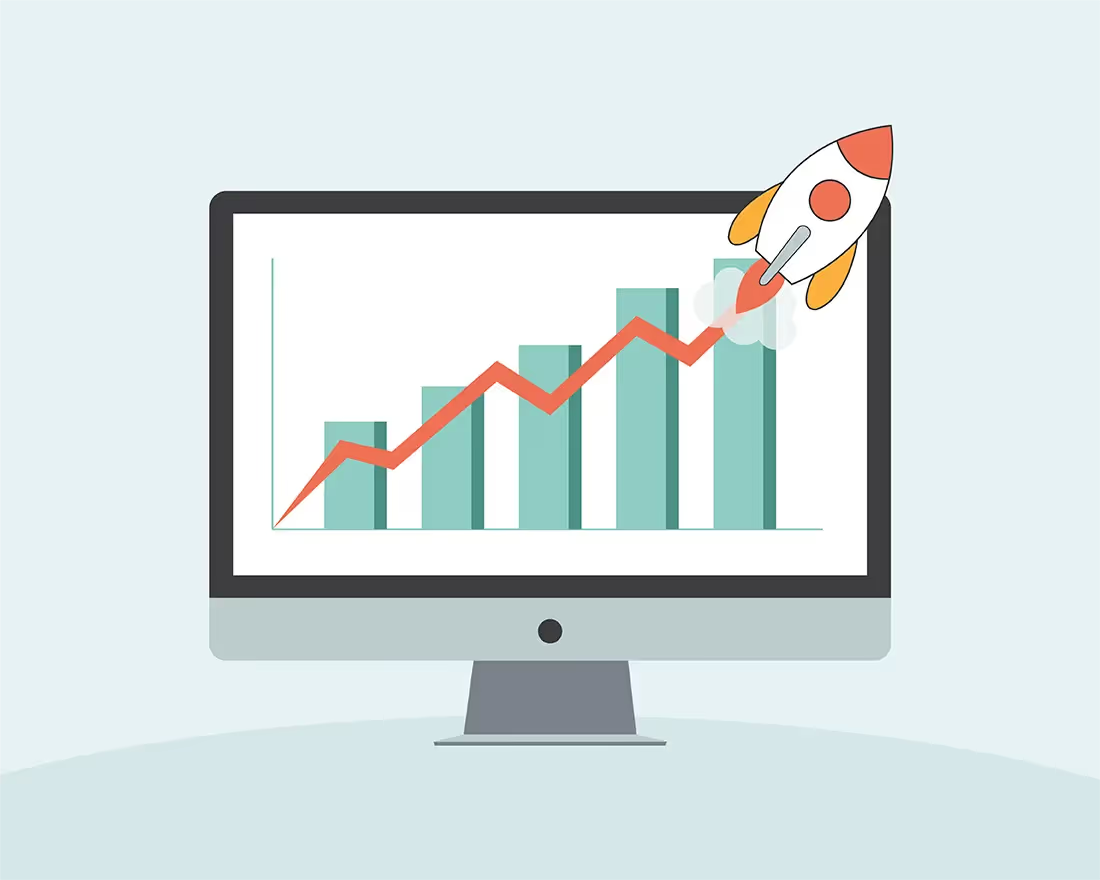
Any experienced sales rep can attest that it’s a rapidly changing field, where things move quickly from day to day. Sales reps have to stay on their toes to keep up with the latest information about markets, products and customers. With buyers more educated than ever before, sales teams have to provide solutions quickly in order to stay relevant and close more deals.
How can businesses refine their sales strategies to improve both their efficiency and effectiveness in the sales process? How can a sales manager equip their teams with the resources needed to keep up in the fast-paced market?
Both sales acceleration strategies and sales enablement tools are designed to bolster sales teams’ efforts and help them convert more customers quickly. And while sales acceleration and sales enablement are similar, they also have key differences. Still, both are necessary for modern sales teams’ success.
What is sales acceleration?
What is sales acceleration? It’s more than just another piece of industry jargon. Sales acceleration refers to the strategies teams use to deliver meaningful buyer engagements and efficiently close more deals. Those strategies might include elements such as content, analytics and other resources that help teams quickly move prospects through the sales funnel. In essence, it accelerates the selling process.
How does sales acceleration speed up the selling process? It automates tasks and streamlines processes with tools like sales acceleration software that provides timely data and insights to boost customer conversions.
Such software, which might include sales leads databases, company research tools, predictive analytics and email tracking technology, offers sales teams the information they need to increase both the velocity and relevance of their customer conversions. By moving prospects through the sales funnel seamlessly and efficiently, teams can use sales acceleration to ensure they achieve their revenue goals.
What is sales enablement?
So, if sales acceleration is speeding up the sales process, then what is sales enablement? It’s simple. Sales enablement is the process of providing sales teams with all the tools they need to be successful.
Common sales enablement strategies include training, curated content and technological tools, but sales enablement elements also include any resources that help a sales team do its job to the best of its ability. In fact, sales acceleration software could be considered a sales enablement tool in its own right.
Sales teams choose to invest in sales enablement strategies for a variety of reasons. By properly training and informing teams, sales managers can ensure their reps are read for new client relationships. And by supporting sales teams' efforts, sales reps feel valued and are more likely to be motivated, engaged and eager to help the company succeed.
How are sales acceleration and sales enablement different?
While both sales enablement and sales acceleration help teams achieve and ultimately close more deals, they aren’t one and the same. Sales enablement is a broader umbrella that includes sales acceleration and any other resource that might help sales teams deliver stronger results. That might include curated content like customized sales presentations like a sales deck designed with Beautiful.ai, contact management platforms or advanced onboarding and training.
Sales acceleration tools could also be one of those sales enablement resources. The more specific strategy, however, focuses specifically on hastening the selling process, whereas sales enablement also concentrates on other aspects of improving the overall sales experience for better results.
Why are sales acceleration and sales enablement necessary?
Sales acceleration and enablement tools and strategies are both necessary for success and become more important all the time. In a changing and competitive market, too many sales teams are missing their quotas. Teams need resources to be more productive and meet their goals. Both sales enablement tools and sales acceleration strategies empower sales reps to convert more leads into customers.
While sales enablement resources might help them deepen customer relationships and increase ROI, sales acceleration tools help close deals faster by efficiently delivering information and providing relevant context. In fact, sales acceleration can be the key to increasing sales by delivering insightful, customized and actionable information.
Regardless of their differences, sales enablement and sales acceleration are inextricably intertwined. Sales enablement has even been called the key to sales acceleration. Why? Instead of focusing on sales activities, sales enablement focuses on building relationships with buyers. Those relationships will lead to faster sales down the line.







.avif)
